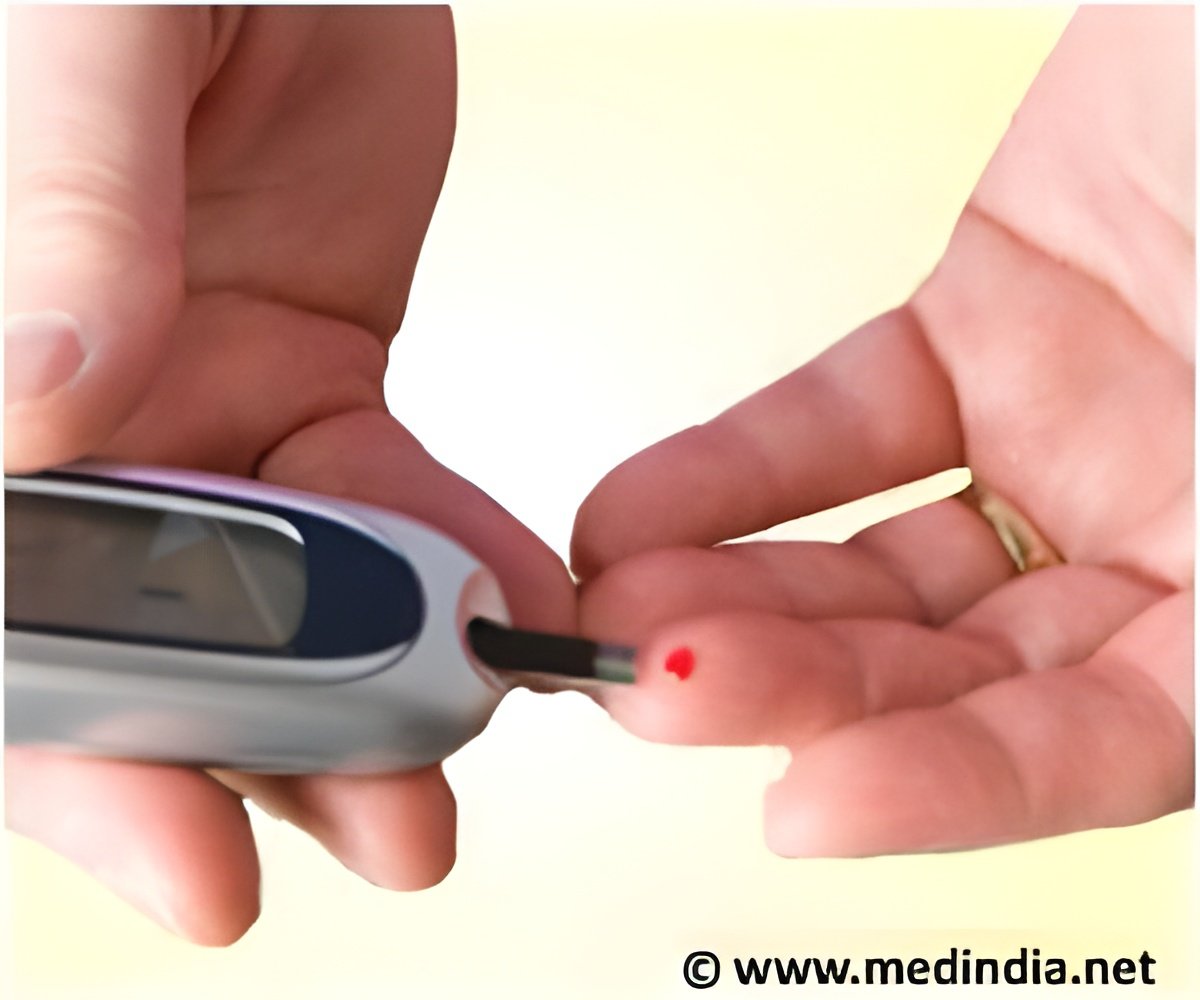Low doses of thyroid hormone administered in rats helps restore hormone levels in hearts and prevents deterioration of heart function, a new study has found

The study finds that diabetes triggers low thyroid levels that contribute to heart failure. In animal models, Gerdes and colleagues found that administering low doses of the active form of thyroid hormone, T3, prevented the progression of heart disease.
"This treatment prevented the abnormal changes in gene expression, tissue pathology, and heart function," said Gerdes.
The most recent study builds on a growing body of research by Gerdes and others that links low thyroid hormone levels in heart tissue to heart failure. The research was funded by the National Institutes of Health and the American Diabetes Association. Previous studies have demonstrated that hypertension and heart attacks also trigger low cardiac thyroid hormone levels and contribute to heart disease.
"The clinical implications are profound and far-reaching because it suggests that the heart disease associated with diabetes may be easily preventable," Gerdes says of his recent research. "And importantly, the dose we gave of T3 hormone did not significantly change the serum (blood) thyroid hormone levels but it was enough to make all the difference in the heart tissue."
An individual's thyroid levels are usually measured by blood tests. But Gerdes has noted that thyroid hormone levels in cardiac tissue do not necessarily correspond with blood test readings of thyroid levels. An individual with heart disease and low cardiac tissue thyroid hormone levels may have normal blood test results, in part because the blood is diluted about 20 fold once it leaves the heart and joins the rest of circulating blood in the body. Yet, his research has consistently found that low-dose thyroid hormone replacement may be a safe and effective therapy to help humans suffering from heart disease.
Advertisement
In his animal study, Gerdes and colleagues induced a mild form of diabetes in rats and waited a month for the condition to develop. They then administered low doses of T3 hormone for two months.
Advertisement
"There's so much fear of overtreatment (with hormones) and inducing arrhythmias that physicians in general completely avoid treating heart patients with thyroid hormones," he says. But we have established a clear treatment and monitoring program in this study that is safe and can be used in people."
Gerdes conducted the research over three years at NYIT. His colleagues include researchers from the University of South Dakota, the Center for Heart and Lung Research at The Feinstein Institute for Medical Research, and the University of Pisa, Italy.
Source-Eurekalert












